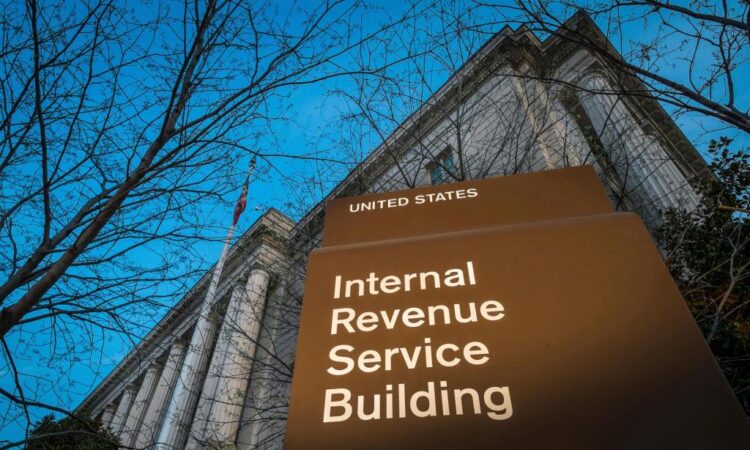
This April 13, 2014 file photo shows the headquarters of the Internal Revenue Service (IRS) in Washington. (AP Photo/J. David Ake, File)
There are well over 4 million partnerships in America, a business configuration that makes it possible for the nearly 30 million partners who own them to provide consumers with goods and services, hire more workers and contribute to the prosperity of our nation. In fact, a new study from the Small Business & Entrepreneurship Council shows that partnerships in the core living expenditures sector contributed $1.3 trillion to our nation’s GDP in 2023.
But new IRS efforts targeting partnerships could put a damper on this powerful segment of the U.S. economy, leaving many business partnership participants worried that they could be in the IRS’ crosshairs no matter what their incomes are.
This enforcement push comes amid ongoing efforts to change the rules on partnerships. In 2021, Oregon Senator Ron Wyden proposed legislation that would amend the tax code to restrict the flexibility that partnership pass-through rules give partners in deciding how to declare their income. Without that flexibility, tax liability could rise, making it more difficult for partners to invest in their companies, hire more workers, explore new business opportunities or even stay in business.
California’s elected leaders should do everything in their power to prevent this outcome. The IRS’ plan would devastate many of our communities and the effects would be felt for generations. Companies that frequently conduct business as partnerships include local restaurants, family farms, small retail stores and small manufacturers. These entities are all types of business that are often owned by immigrants, who are some of the most entrepreneurial and successful business people in California, as they are across the nation.






